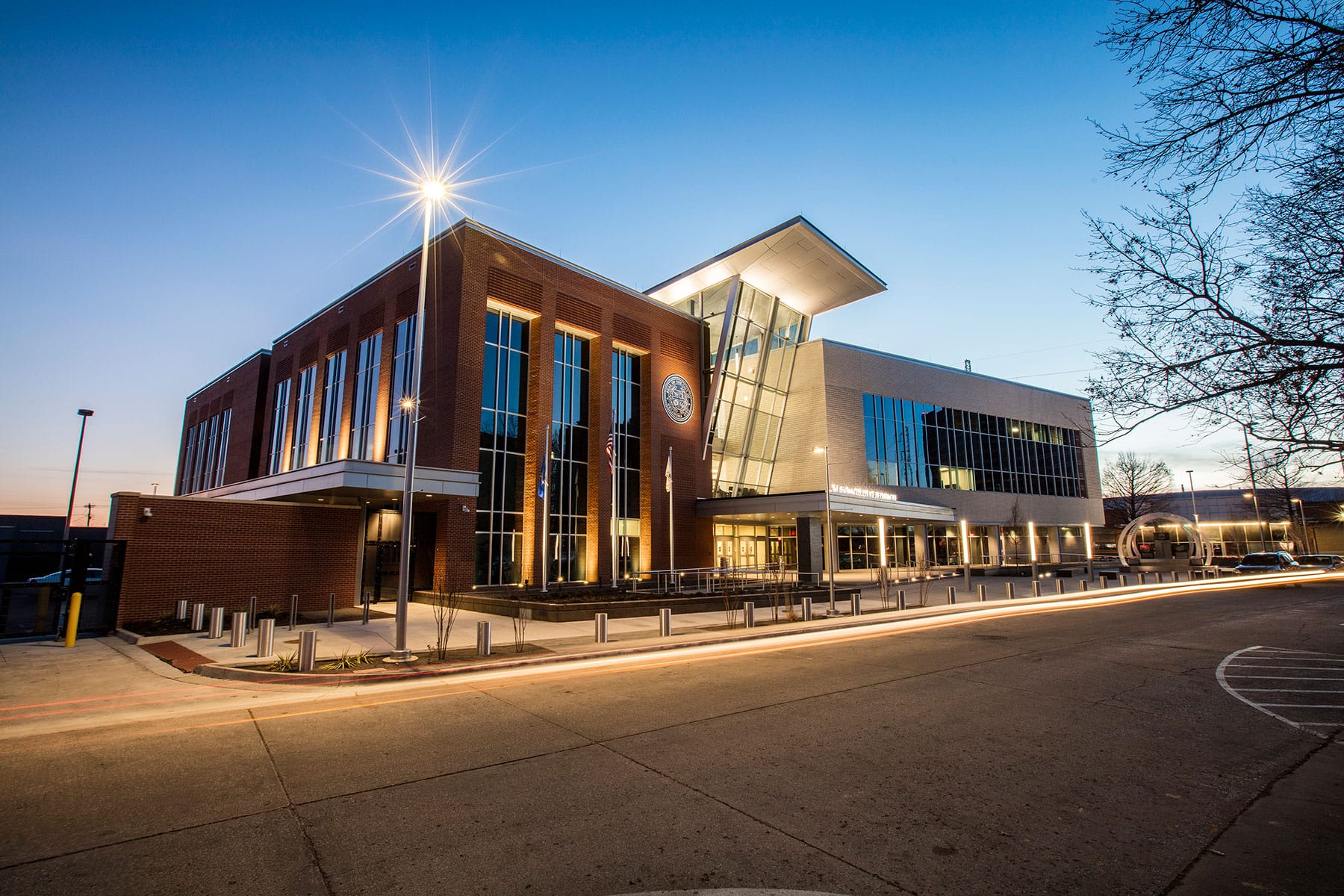The Chief of the U.S. Capitol Police, Thomas Manger, has recently expressed his firm opposition to any potential pardons for individuals convicted of assaulting law enforcement officers during the events of January 6, 2021. This statement highlights a significant concern among law enforcement officials regarding the implications of such pardons on public safety and the morale of police officers across the nation.
The January 6 Capitol riot was a pivotal moment in American history, marked by a violent breach of the Capitol building by supporters of then-President Donald Trump. During this chaotic event, numerous law enforcement officers were injured as they attempted to protect the legislative process and maintain order. The assaults on these officers have been widely condemned, and many of the perpetrators have faced legal consequences for their actions.
Chief Manger’s comments come in the wake of discussions surrounding criminal justice reform and the potential for pardons to be granted to individuals convicted of crimes related to the January 6 incident. The idea of pardoning those who assaulted police officers raises significant ethical and legal questions, particularly regarding the message it sends about accountability and the protection of law enforcement personnel.
In his remarks, Chief Manger emphasized the importance of upholding the rule of law and ensuring that those who commit violent acts against police officers are held accountable for their actions. He argued that pardoning individuals who participated in the assault on the Capitol would undermine the sacrifices made by law enforcement officers and could potentially embolden future acts of violence against police.
The discussion surrounding pardons is particularly relevant in the context of ongoing debates about criminal justice reform in the United States. Advocates for reform often argue for leniency in sentencing and the importance of rehabilitation for non-violent offenders. However, the notion of extending pardons to individuals who engaged in violent assaults against law enforcement complicates these discussions and raises concerns about the potential ramifications for police-community relations.
Chief Manger’s stance has garnered support from various law enforcement organizations, which argue that the safety of officers should be a paramount concern. The National Fraternal Order of Police, for instance, has consistently advocated for the protection of officers and has expressed opposition to any measures that could diminish the accountability of individuals who assault law enforcement personnel.
In the aftermath of the January 6 riot, many officers have reported experiencing long-term psychological effects from the violence they encountered that day. The physical and emotional toll on law enforcement personnel has been significant, and the prospect of pardons for those who perpetrated violence against them adds another layer of complexity to their ongoing struggles.
The issue of pardons for individuals convicted of assaulting police officers is not limited to the events of January 6. Across the country, there have been numerous instances of violence against law enforcement, and the question of how society responds to such acts remains contentious. Law enforcement leaders argue that a consistent message of accountability is essential to maintaining public trust and ensuring the safety of officers as they carry out their duties.
As discussions regarding criminal justice reform continue, it is crucial for policymakers to consider the perspectives of law enforcement officials. The potential impact of pardons on police morale, public safety, and community relations cannot be overlooked. Chief Manger’s opposition to pardons serves as a reminder of the challenges faced by law enforcement in an increasingly polarized environment.
In conclusion, the Chief of the U.S. Capitol Police has made it clear that he opposes any pardons for individuals convicted of assaulting police officers during the January 6 Capitol riots. His statement underscores the importance of accountability in the face of violence against law enforcement and raises critical questions about the broader implications of pardons in the context of criminal justice reform. As the nation grapples with these complex issues, the voices of law enforcement leaders will play a vital role in shaping the future of public safety and community trust.



